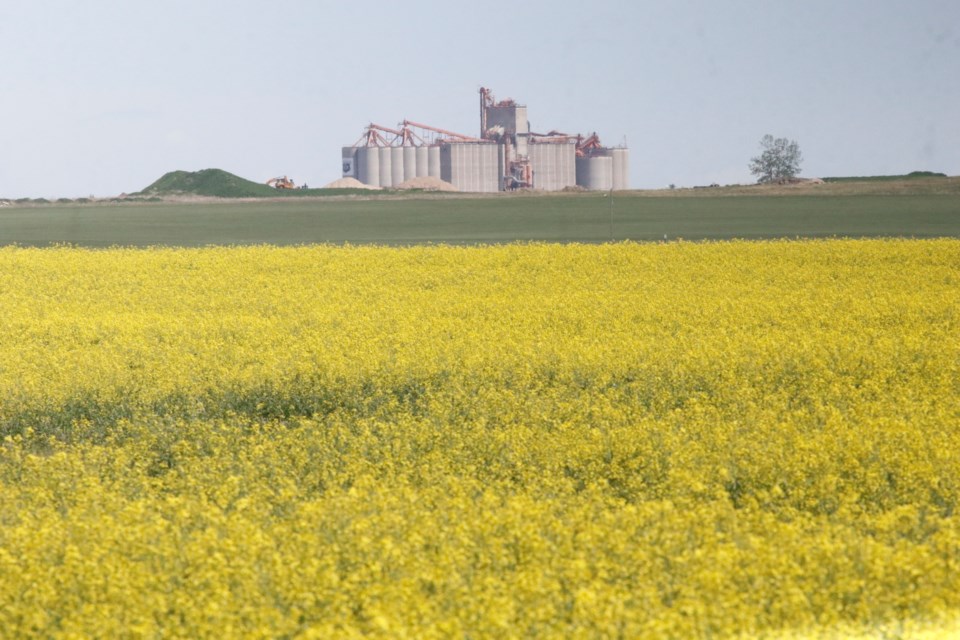HUMBOLDT — Producers continue to get harvest equipment ready, haul grain, clean bins and monitor their crops. Limited overall harvest activity is reported for the region other than a few producers beginning to harvest winter wheat in some areas.
Haying operations are progressing in the region with some producers wrapping up. Dryland alfalfa yields are estimated to be 1.77 tons per acre with greenfeed estimated at 2.15 tons per acre and tame hay estimated at 2.77 tons per acre. Silage yields are estimated to be 4.18 tons per acre within the region.
Rain was variable across the region over the past week. The highest rainfall recorded fell in the Christopher Lake area at 42 mm. The Duck Lake area received 22 mm and the Choiceland area received 18 mm. Many producers within the region would welcome rain to help with grain fill and bushel weight on later seeded crops.
Topsoil moisture continues to decrease with the persistent hot and dry conditions. Currently, cropland topsoil moisture is rated as 41 per cent adequate, 52 per cent short and seven per cent very short. Hayland topsoil moisture is reported at 38 per cent adequate, 59 per cent short and three per cent very short. Pasture topsoil moisture is 36 per cent adequate, 53 per cent short and 11 per cent very short.
The lack of moisture and heat continues to be the main cause of crop damage throughout the region. Wind has caused crop lodging with some producers reporting up to severe damage in areas. Aphids accounted for minor to moderate crop damage over the past week and grasshoppers caused minor damage in areas throughout the region. As canola continues to mature, producers are observing sclerotinia stem rot emerging in their fields along with aborted pod development due to the extreme heat encountered during flowering.
For more information about Northeastern Saskatchewan, explore the .




